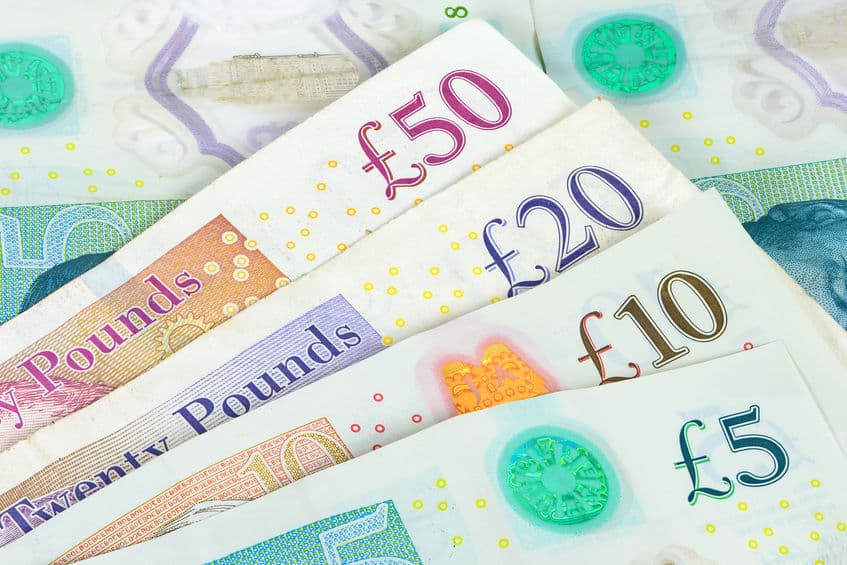Sterling Upbeat on Economic Growth, Euro Flattens & Dollar Shows Strength Amid Election Speculation

GBP
Sterling has experienced significant movement as of late, boosted by a resilient economy and hopes for political stability. Top tier banks are optimistic about the Pound’s performance, with forecasts suggesting it will continue to strengthen.
This year, the Pound has been the best-performing major currency, climbing around 2% against the Dollar to 1.30 (now 1.2923 at the time of writing) and over 3% against the Euro to 1.1928 (1.1879 at the time of writing). The surge is driven by better-than-expected economic growth and persistent inflation, which is likely to keep the Bank of England from cutting interest rates aggressively this year. Additionally, Labour’s strong election victory has increased investor confidence, providing a sense of political stability that has provided support.
In contrast, political uncertainty in the EU as well as the upcoming US presidential election have unsettled investors in those markets. Analysts at JPMorgan predict that Sterling will reach 1.35 against the Dollar by next March, while Citi analysts are even more bullish on the Pound, expecting it to strengthen to 1.2195 against the Euro for the first time since the EU Referendum.
Despite the UK interest rate sitting at 5.25%, the economy grew faster than expected in May, pulling out of a mild recession. Stubbornly high inflation in the services sector suggests the Bank of England is unlikely to lower rates at its next meeting, especially as markets anticipate a potential rate cut from the Federal Reserve in September.
Overall, while Sterling has demonstrated impressive gains, navigating the path ahead will require careful attention as market conditions evolve. This week, the key data release to watch is the UK PMI, due tomorrow. Expectations are slightly higher than the previous reading, and if the data exceeds forecasts, Sterling could recover some of its recent losses. Investors and speculators will be patiently waiting for next week’s BoE interest rate decision (Thursday).
EUR
The Euro has been flat, struggling to gain traction due to some underwhelming Eurozone data.
Last week saw the Eurozone’s final inflation data showing a slowdown in domestic inflation. Despite this, the Euro managed to gain strength thanks to its negative correlation with the US Dollar.
Last Thursday, the ECB left interest rates unchanged at 4.25%, as expected. However, ECB President Christine Lagarde indicated that a rate cut in September was “wide open,” causing the Euro to lose support.
Looking ahead to this week, the latest PMIs from the Eurozone are expected to show a mixed picture. The services sector is forecast to expand, while the manufacturing index is predicted to remain in contraction territory.
USD
The Dollar has been showing signs of strength, partly because of growing speculation that Donald Trump might win the US presidential election in November. The US Dollar Index (DXY), which measures the Dollar against six major currencies, has climbed to nearly 104.50.
Like the UK, the Dollar is also affected by changes in interest rate expectations due to a quiet economic calendar. Recent bets on Fed rate cuts have surged, with the CME FedWatch Tool showing a nearly 92% chance of cuts starting in September.
This shift towards rate cuts is driven by easing US inflation and a more dovish stance from Fed policymakers. Deutsche Bank’s review of recent Fed meeting minutes and comments highlights that Fed Chair Jerome Powell is moving away from a hawkish position, suggesting a high likelihood of a rate cut.
This week, investors will be watching the US preliminary S&P Global Purchasing Managers Index (PMI) for July, Q2 Gross Domestic Product (GDP), and data on Durable Goods Orders and Personal Consumption Expenditures Price Index (PCE) for June. These updates will give clues on when the Fed might start reducing interest rates this year.
We specialise in helping businesses and individuals mitigate foreign exchange risks by providing insights, guidance and tailored strategies. If you have upcoming currency requirements and want to have a conversation about how we can help you, contact one of our consultants on 020 3876 5432.